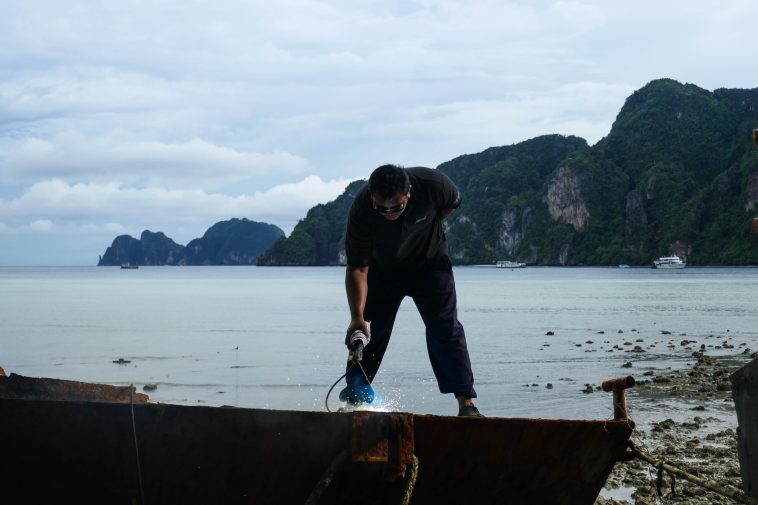Underwater welding is a specialized skill that combines the challenges of diving with the precision of welding. For those who are interested by the world of underwater construction and repair, possessing the right underwater welding qualifications is crucial to land your dream job. The uniqueness of this job demands a particular set of requirements and certifications to ensure safety, effectiveness, and proficiency.
Underwater Welding Qualifications Needed
Underwater welding qualifications encompass a broad spectrum of certifications and training, ensuring that the welder is competent not just in welding, but also in diving. These qualifications vouch for the welder’s ability to operate efficiently and safely under water, often in challenging conditions.
- Commercial Diving Certification: Before one can even think about welding underwater, they must be a qualified commercial diver. Training programs for commercial diving usually offer comprehensive courses that cover various diving techniques, equipment, safety protocols, and underwater tasks.
- Welding Certification: This is a foundational requirement. An underwater welder must first be a certified welder on land. Institutions like the American Welding Society (AWS) offer certifications that are widely recognized.
- Underwater Welding Certification: After mastering both diving and welding individually, candidates typically undergo specialized training for underwater welding. These courses teach welders how to use welding equipment in submerged conditions, and understand the distinct challenges posed by the underwater environment, like differential pressure and the risk of electric shock.
- Medical Fitness: Given the physical demands and potential health risks associated with both diving and welding, welders must undergo regular medical examinations to ensure they’re fit for the task. A diver who isn’t physically and mentally fit might not only compromise their safety but also that of their team.
- On-the-Job Experience: While certifications are vital, hands-on experience is invaluable. Most employers look for underwater welders with a certain number of diving hours and welding projects under their belt.
Why are Underwater Welding Qualifications Important?
Safety is paramount in any professional setting, and in the world of underwater welding, the risks are amplified. The combination of high currents, pressurized environments, and the inherent risks of diving make it one of the most challenging jobs. With the right underwater welding qualifications, welders are prepared to face these challenges effectively and safely.
Moreover, underwater structures, like oil rigs, pipelines, and ship hulls, are critical assets. Poor quality welding can lead to catastrophic failures and financial losses. Hence, only those with the right qualifications are trusted with such critical tasks.
While obtaining your qualifications, you will learn about the different protective equipment that you will need that differs from regular welding. Ex. you will need specialized underwater welding helmets.
Conclusion
In the unique intersection of diving and welding, possessing the right underwater welding qualifications is not just a matter of professional credibility; it’s a testament to the welder’s commitment to safety, quality, and excellence. For those aspiring to enter this field, the journey might be demanding, but with the right training and dedication, it promises a rewarding career filled with adventure and challenges.




